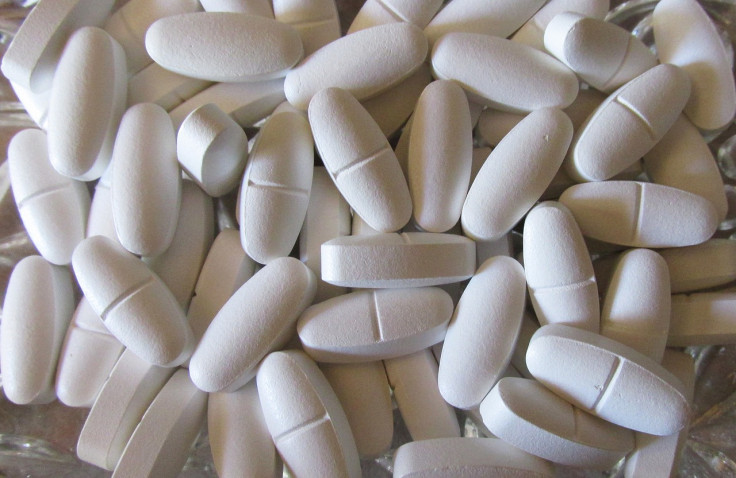Vitamin D deficiency increases risk of contracting coronavirus, says study
Researchers discovered that those who have low vitamin D levels are twice as likely to test positive for coronavirus compared to those who are not deficient.
Aside from taking a daily dose of Vitamin C to boost the immune system, there is one more vitamin that one should not miss - Vitamin D. Researchers found that those who have low Vi levels of the vitamin have an increased risk of testing positive for COVID-19
In a recent study published in JAMA Network Open, researchers from the University of Chicago Medicine studied 489 patients, with an average age of 49, and whose Vitamin D levels were measured the year before they underwent COVID-19 testing. The researchers found that before they were tested for COVID-19, 124 participants already showed Vitamin D deficiency. Out of this number 71 later tested positive for COVID-19.
Based on the results of the study, the researchers noted that those who were deficient in Vitamin D, having levels of less than 20mg/ml, and did not receive treatment for the deficiency, were at 1.77 times more likely of testing positive for coronavirus. The authors mentioned that the increase in risk, which is translated to "twice as likely" is statistically significant. With this appalling result, researchers suggested that randomised trials may be necessary to determine if Vitamin D affects the risk of contracting COVID-19.
Vitamin D plays a role in the metabolism of zinc, which hampers the ability of coronaviruses to replicate. Researchers also noted that those who are not Vitamin D deficient have lower interleukin 6 levels. These interleukin 6 was associated with inflammation. A number of drugs (sarilumab, tocilizumab) used in treating coronavirus patients target interleukin 6 to control cytokine storms, identified to be an injurious immune response in COVID-19 patients.
While Vitamin D helps in clearing virus cells, researchers give caution on how it will affect asymptomatic patients. They said that since the vitamin reduces inflammation, it could inadvertently increase asymptomatic cases and decrease outward presentation of symptoms like cough. Thus, it could make it difficult in predicting the effect of Vitamin D on the spread of the virus.
Dr David Meltzer, the lead author of the study and the Chief of Hospital Medicine at UChicago Medicine said in a press release that understanding whether the treatment of Vitamin D deficiency could have an impact on COVID-19, will have great importance in the local, national, and global levels. The vitamin is inexpensive, safe, and can be widely scaled.
© Copyright IBTimes 2025. All rights reserved.






















